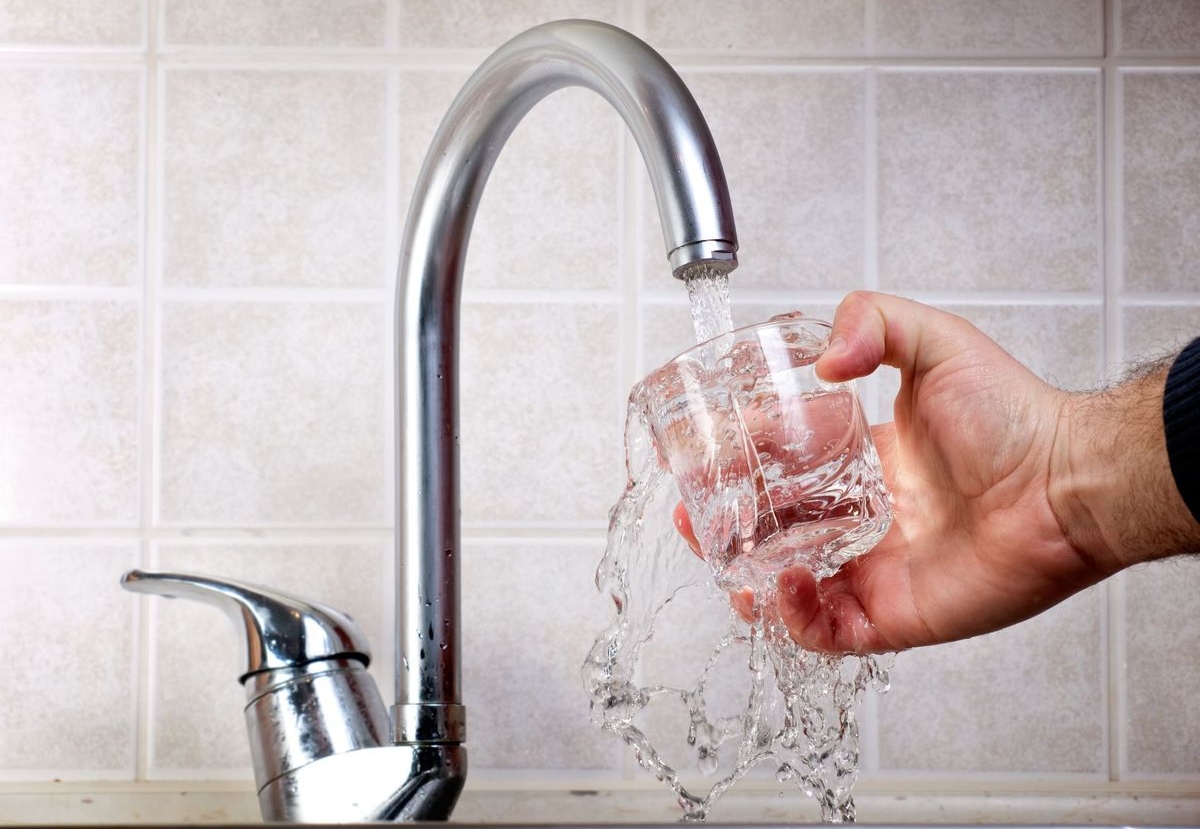Water Bills to Outpace Inflation in April
Water Bills to Outpace Inflation in April

Water companies in the UK are projecting an above-inflation increase in average household bills in April, sparking criticism from campaigners.
According to Water UK, the trade body for suppliers, the average annual water and sewerage bill is expected to rise by 6% in England and Wales, amounting to £27, reaching £473. In Scotland, water and waste charges are set to increase by 8.8%, a rise of £36.
The water industry has faced heightened scrutiny following incidents of sewage dumping into rivers, leading to environmental concerns. Despite the criticism, David Henderson, CEO of Water UK, highlighted that the upcoming year would witness record levels of investment from water companies, totaling over £14.4 billion in England and Wales alone. This investment aims to enhance water supply security and significantly reduce sewage discharge into rivers and seas.
Giles Bristow, CEO of Surfers Against Sewage charity, acknowledged the significance of the investment as a step toward addressing the sewage scandal. He termed it a "small first step of what will be a very long road to recovery." The water industry's commitment to addressing environmental issues is becoming increasingly evident, signaling a growing awareness of the challenges facing the sector.
The expected average bill increase, above the latest inflation rate of 4%, reflects the companies' efforts to meet investment targets. Individual bills can vary due to regional differences and usage levels for those on metered water supply. Wessex Water and Anglian Water in England and Wales are poised for the highest average bill increases, reaching £548 and £529, respectively. Meanwhile, Northumbrian customers will experience the lowest average bills at £422.
Regulator Ofwat had instructed several companies last year to limit bill increases due to their failure to meet key targets related to leakages, supply, and pollution reduction. However, Welsh Water, serving the majority of people in Wales, plans to reduce bills by 1% in April.
Ofwat has emphasized the importance of water companies providing assistance to customers facing difficulties in paying bills. CEO David Black highlighted the concern for those already struggling, emphasizing the need for water companies to support those most in need.
While approximately a million households in England and Wales benefit from social tariff schemes, offering them cheaper bills, concerns are rising about the financial pressure on low-income customers. Mike Keil, CEO of the Consumer Council for Water (CCW), urged water companies to utilize profits to assist customers who struggle with bill payments, emphasizing the need to rebuild trust in the sector.
Water UK's David Henderson defended the use of profits to pay dividends to shareholders, stating that dividends had remained at an average of 3% across the industry since the start of the decade. He argued that cutting dividends could hinder the necessary investment in the sector, risking the attraction of global investors.
Separately, Ofwat is reviewing proposals by water companies in England and Wales to increase bills by £156 per year by 2030 to fund upgrades and reduce sewage discharges. This increase would nearly double infrastructure spending to £96 billion. However, concerns linger about the adequacy of this investment to upgrade the aging water and sewage systems, with estimates running into many tens of billions of pounds over the next 10-20 years.
Jim Wright, manager of the global infrastructure income fund at Premier Miton, acknowledged the enormity of the challenge in replacing century-old systems but suggested that customers might need to bear the brunt of the cost for infrastructure improvement. He emphasized the affordability of the current average household payment of £1.29 per day for water and sewage services.
Amidst public anger over sewage discharges and ongoing cost-of-living pressures, the water industry faces a delicate balance in addressing environmental concerns, meeting investment requirements, and ensuring affordability for consumers. The proposed bill increases raise questions about the industry's ability to strike this balance effectively and maintain consumer trust in the long run.
Trending
1 UK Braces for Widespread Snow According to Met Office
Susanna Koelblin2 Physical Realities of Moving to Cleaner Energy
Timothy Taylor3 Eco-Conscious Kids: A Guide to the Best Sustainable Outdoor Toys
Susanna Koelblin4 Harnessing Machine Learning for a Sustainable Future
Ahmed Banafa5 Electrical Bus Bars: The Backbone of Electrical Systems
Daniel Hall

